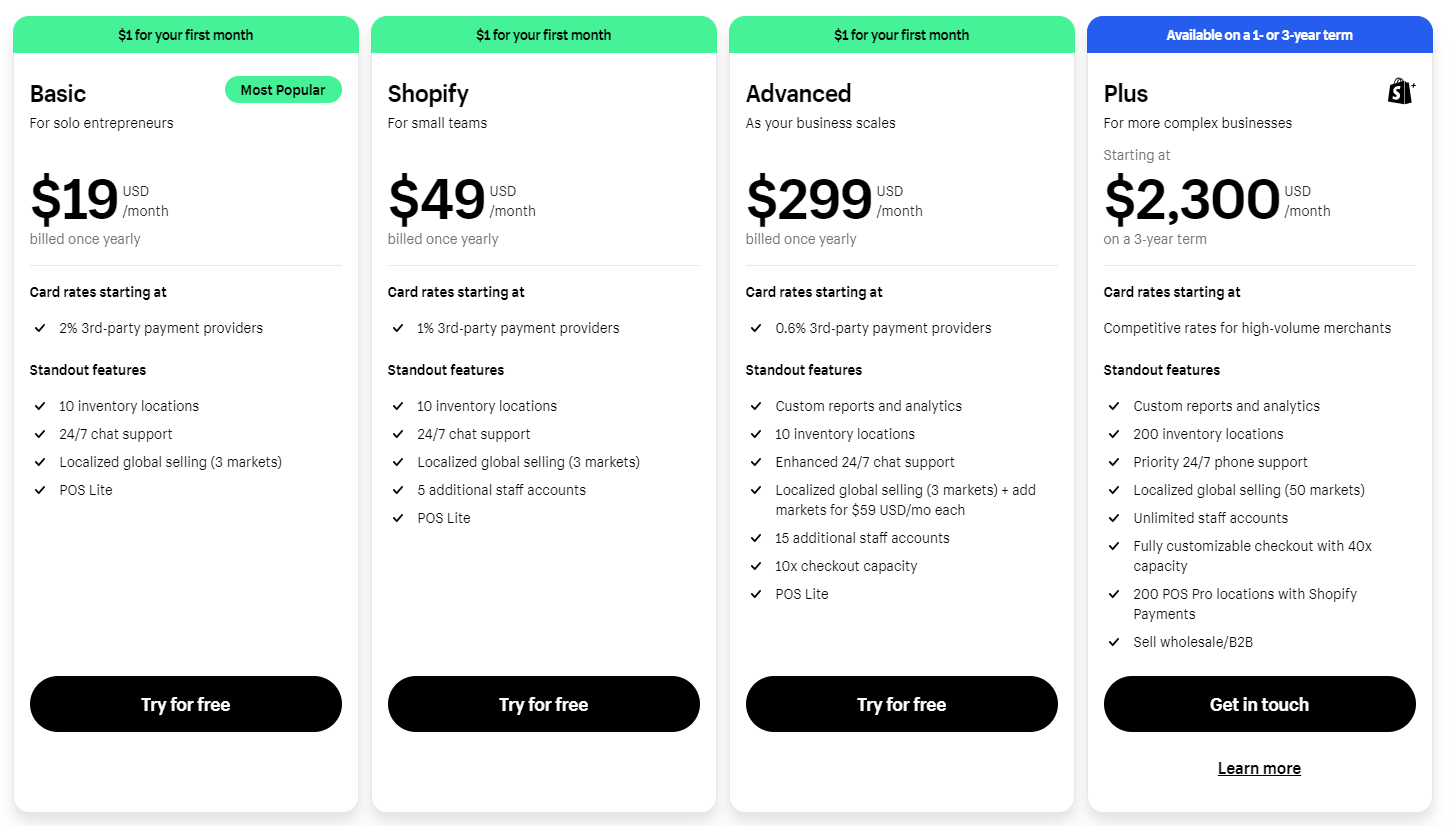
Are you preparing to meet the LLC tax filing deadline 2024? We’ve got you covered!
In this post, you’ll get a rundown of what you need to know for correct tax filing. We’ll also give you some information on the penalties for being late and the amounts you can expect to pay.
What is Tax Filing?
Everyone must pay taxes on income in general, which includes self-employment tax. We all pay regular installments, if you will, throughout the year. The taxes you need to pay depend on what type of business you run. The IRS also has different ways for paying these taxes depending on your form of business. Here’s an overview of the five general business tax types:
Income Tax
The IRS requires all kinds of businesses, with the exception of partnerships, to file income tax. This is an annual filing. (Partnerships file an information return instead of an income tax return.) The income tax form that you will file depends on the form of business entity you have.
Limited Liability Companies (LLCs) are a type of business structure that state statute allows. As such, different states can have different regulations, so you need to check with your state office for the correct process and paperwork. This is a great reason to look into an accounting solution for your business. Expert accounting assistance, specifically, can help make all this easier and ensure accuracy.
Also, you need to check on the correct taxes for the type of LLC you have. LLC owners, called members, can be individuals, foreign entities, corporations, and even other LLCs. The number of members is unlimited, and most states allow single-member LLCs, so the process can be tricky. Depending on the details, the IRS will treat your LLC differently.
A domestic LLC having two or more members is taxed as a partnership unless you file Form 8832 and choose to be classified as a corporation. If your LLC has only one member – you as the owner – the IRS considers it to be a disregarded entity where income taxes are concerned. Again, this is unless the business elects to be treated as a corporation and files Form 8832.
Self-Employment Tax
Self-employment tax (SE tax) is mainly social security benefits (retirement, disability, survivor) and medical coverage for individuals. Usually, individuals will file Schedule SE (Form 1040 or 1040-SR), depending on specific conditions.
Employment Tax
Employment taxes are for businesses with employees. Your responsibilities include social security and medical, federal unemployment and income tax (withholding). Employers must file Form 941 every quarter for this, including withholding tax on sick pay and supplemental unemployment benefits.
You may also need to pay excise taxes if you use, manufacture, or sell certain kinds of products or services as a certain type of business. You will file federal excise taxes like environmental, communications, transportation, products, and others, on Form 720. Form 2290 and Form 11-C are for other federal excise tax types.
Businesses usually need to deposit federal income tax and additional Medicare tax withheld along with employer and employee social security and Medicare taxes. The deposit schedules are monthly and semi-weekly. You need to find out which one you need to follow before the start of each year. Check your payment schedule in Publication 15 for Forms 941, 944 and 945 and Publication 51 for Form 943.
You need to make deposits for the quarterly FUTA Tax (Form 940) for dues above $500. Note that you do not withhold FUTA from employee wages. The due date is the end of the month that comes after the quarter you are paying for. All federal tax deposits go through electronic funds transfer (EFTPS). Late deposits may incur a penalty of up to 15 percent.
Employers generally report to the IRS all forms of compensation paid to employees using Form W-2 (Wage and Tax Statement). File Copy A with Form W-3 (Transmittal of Wage and Tax Statements) to the Social Security Administration. Copy 1 goes to the employee’s state or local tax department. Provide employees with copies of their Form W-2. The deadline is January 31. Employers must also report taxes deposited through Forms 941, 943, 944, 945, and 940.
What Are the Types of LLCs and How to File Taxes for Them?

We did a rundown of what the Sole Proprietorship and LLC business types in our How to Change from Sole Proprietor to LLC: A Step-by-Step Guide. Here’s we’ll round it out with the other main business types.
S Corporation
S corporations pass corporate income and losses, deductions and credits on to their shareholders. This applies when we’re talking about federal taxes. These shareholders then report all this on their personal tax returns.
The IRS assesses them based on their individual income tax rates. This way, the S corporation can avoid double taxation on the corporate income. It then can focus on paying the applicable taxes on built-in gains and passive income.
-
How to file taxes
S corporations use Forms 1120-S and 1120-S (Sch. K-1) for income taxes. For employment taxes, you will use Form 941 (Employers Quarterly Federal Tax Return) or 943 (Employers Annual Federal Tax Return for Agricultural Employees) and Form 940 (Employers Annual Federal Unemployment (FUTA) Tax Return).
S Corporation shareholder income taxes use Form 1040 or 1040-SR and Schedule E (Supplemental Income and Loss) along with other forms you will see on the shareholder’s Schedule K-1. File 1040-ES for estimated taxes.
C Corporation
A corporation basically does business and makes income or incurs losses, then pays taxes and pays out profits to its shareholders. When we’re talking about federal income taxes, the government looks at C corporations as separate taxpaying entities.
Generally, the government taxes corporate profits when earned, then again when shareholders get their dividends. (We mentioned above how to avoid double taxation.)
Note as well that corporations do not enjoy tax deductions when distributing dividends to its shareholders. Shareholders, for their part, cannot deduct losses incurred by the corporation.
-
How to file taxes
C corporations use Form 1120 (U.S. Corporation Income Tax Return) for income taxes. Form 941 or 943 and 940, as with S Corporations, are for employment taxes.
Corporations that file over 10 returns in a year need to e-file Forms 1120 and 1120-S, effective for returns required on or after January 1, 2024. Details on the final e-file regulations are on the IRS website.
Partnership (Multi-Member)
In a Partnership, each partner contributes to the business in the form of money, property, labor, skill, etc. They also share in profits and losses. As mentioned above, Partnerships don’t file income taxes but need to file annual information returns.
This form reports income, losses, deductions, and more, that come from business operations. This is because profits and losses are passed to the partners, who each pay personal income taxes on their shares. Since they are not employees, partners don’t get Form W-2 but copies of Schedule K-1 (Form 1065, US Return of Partnership Income) instead.
-
How to file taxes
Partnerships as entities might need to also file employment taxes using the same Forms 941 or 943 and 940, as above. File Excise taxes using Form 965-A (Individual Report of Net 965 Tax Liability) and Form 8990 (Limitation on Business Interest Expense Under Section 163(j)).
Individuals in Partnerships file Form 965-A and Schedule E (Form 1040) or Form 1040-SR (US Tax Return for Seniors) for Income tax. Self-employment tax filing uses the same forms. File Form 1040-ES for Estimated tax for individuals and Form 5471 (Information Return of US Persons With Respect to Certain Foreign Corporations and related schedules) for International tax.
File that along with Form 8082 (Notice of Inconsistent Treatment or Administrative Adjustment Request (AAR)), Form 8288 (US Withholding Tax Return for Dispositions by Foreign Persons of U.S. Real Property Interests), and Form 8865 (Return of US Persons With Respect to Certain Foreign Partnerships).
What Are the Deadlines for LLC Tax Filing in 2024?
The LLC tax filing deadline 2024 is March 15th.
LLCs, the same as other domestic partnerships, must file From 1065. LLCs can file for an extension up to September 16th using Form 7004 (Application for Automatic Extension of Time To File Certain Business Income Tax, Information, and Other Returns). They must file this before the regular due date to get the extension.
LLCs, like other business entities that pass taxes to their members / partners, must file From K-1 with Form 1065. This form shows the details of the individuals’ shares of the income and losses, deductions, and credits for the year. The due date for circulating Form K-1 to LLC members is also by March 15, 2024.
Filing for an extension means that this deadline also moves to September 16, 2024.
First Quarter (January 1 – March 31)
The Estimated tax payment for the 4th Quarter of 2023 is due January 15, 2024 although the 2023 Tax season begins later, on January 23, 2024. Employers must send certain 1099 forms and W-2s forms to employees by January 31, 2024.
Note that if your business is a fiscal year business instead of a calendar year business, the schedule is different. You need to file your tax return by the 15th day of the third month that comes after the close of your tax year. For example, of your fiscal year ends on August 31, your due date is November 15th instead of March 15th.
Second Quarter (April 1 – June 30)
If you elected to be texted as a C Corporation, these taxes are due April 15, 2024. Calendar year businesses file form 1120 by April 15th. Fiscal year businesses need to file by the 15th day of the third month that comes after the close of your tax year.
Third Quarter (July 1 – September 30)
The deadline for S Corporation returns, like extended partnerships, is September 16, 2024.
Fourth Quarter (October 1 – December 31)
The deadline for extended C Corporation returns is October 15, 2024.
Get ready for January 15, 2025, too. This is the due date for your Estimated tax payment for the fourth quarter of 2024.
Penalties for Missing the LLC Tax Filing Deadline 2024
You may need to pay IRS penalties if you miss your tax filing deadline and do not request an extension by the due date. Penalties vary widely, so the best advice we can give you is to simply pay your taxes as soon as possible. It’s never good to owe the IRS money.
If, for any reason, you can’t file your federal income tax return, pay as much as you can as soon as you can. This keeps the penalties and interest payments to a minimum. Check for later deadlines that might apply to you in cases of storms and natural disasters, like the deferred Employer tax back in 2020 due to COVID-19.
Tax Deductions and Credits
Tax deductions and credits can reduce the amount of taxable income. Credits are better than deductions, and can increase your tax refund or go towards your next tax due. Some types of tax credits might give you a refund even when you don’t have any tax owed.
Credits and deductions for businesses include:
- Employee Retention Credit
- Opportunity Zones
- Clean vehicle credits
- Energy efficient commercial buildings deduction
- Credit for builders of energy-efficient homes
- Advanced energy project credit
- Research credit
- Deducting business expenses
- Abusive tax shelters and transactions
- Limitation on the deduction for business interest expense
What Is EcomBalance?

EcomBalance is a monthly bookkeeping service specialized for eCommerce companies selling on Amazon, Shopify, Ebay, Etsy, WooCommerce, & other eCommerce channels.
We take monthly bookkeeping off your plate and deliver you your financial statements by the 15th or 20th of each month.
You’ll have your Profit and Loss Statement, Balance Sheet, and Cash Flow Statement ready for analysis each month so you and your business partners can make better business decisions.
Interested in learning more? Schedule a call with our CEO, Nathan Hirsch.
And here’s some free resources:
- Monthly Finance Meeting Agenda
- 9 Steps to Master Your Ecommerce Bookkeeping Checklist
- The Ultimate Guide on Finding an Ecommerce Virtual Bookkeeping Service
- What Is a Profit and Loss Statement?
- How to Read & Interpret a Cash Flow Statement
- How to Read a Balance Sheet & Truly Understand It
Conclusion
It’s always best to consult with a tax expert, or at least a licensed and certified accountant. Taxes can be complicated, and you don’t want to get bogged down with the details. You also don’t want to pay penalties for missing LLC tax filing deadline 2024 or have to start over when you make mistakes!
If you need help navigating your tax filing and staying on top of deadlines, schedule a call with us!









